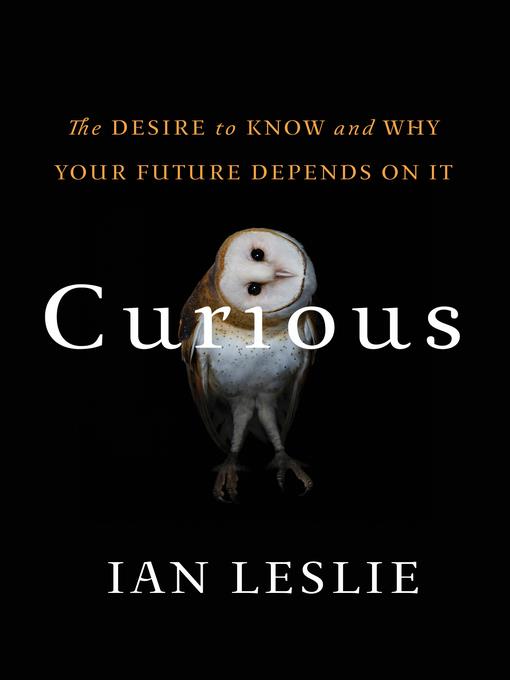
Curious
The Desire to Know and Why Your Future Depends On It
کتاب های مرتبط
- اطلاعات
- نقد و بررسی
- دیدگاه کاربران
نقد و بررسی

July 14, 2014
In this curiously uninspiring study, British journalist Leslie (Born Liars) superficially draws on science, psychology, and history to survey the evolution of curiosity in human life and culture and to lament its supposed recent decline. Leslie tracks the evolution of “diversive curiosity,” which opens our eyes to the new around us; to “epistemic curiosity,” the deeper and more disciplined kind of curiosity; and to “empathic curiosity,” which causes us to wonder about others’ thoughts and feelings and gives curiosity its deeply social quality. He then offers a brief historical survey of curiosity from the ancient world through the Middle Ages, when curiosity was often viewed as subversive and thus not encouraged, to the “age of questions,” beginning with the Renaissance and going up to the mid-20th-century, when curiosity drove scientific developments. Leslie dubs the period from around 1945 until today the “age of answers,” when the ready availability of answers to any question fostered a lack of curiosity about the world. As an antidote to the waning of curiosity in our time, Leslie offers seven ways to stay curious, including staying foolish, asking the big why, being a “thinkerer,” and turning puzzles into mysteries, but the book’s blandness mirrors the corporate and advertising worlds toward which it is geared.

August 1, 2014
We are all born curious, but why don't we all remain so into adulthood? What has happened in recent times to cause the decline in curiosity? Journalist Leslie (Born Liars) writes passionately about why our loss of curiosity is a serious detriment to society. The author argues that those who stay inquisitive will succeed the most in life. Pulling from developmental, behavioral, and educational psychology, Leslie discusses the history and stages of curiosity and how online search engines have made us less curious. He examines inventors and visionaries from centuries ago to the present day and how they became so successful. The author claims it wasn't luck but a need to fill gaps in information. While answers are so easily accessible through Google, Leslie states that "Google can answer anything you want, but it can't tell you what you ought to be asking." With heavy implications for the future of education, the author makes a strong case for a more inquiry-based approach. VERDICT Highly recommended for educators of all kinds. Leslie reaches to the true heart of education--turning students into 21st-century learners by bringing back that curiosity. Also a great read for librarians.--Jill Morningstar, Michigan State Univ. Libs., East Lansing
Copyright 2014 Library Journal, LLC Used with permission.

























دیدگاه کاربران